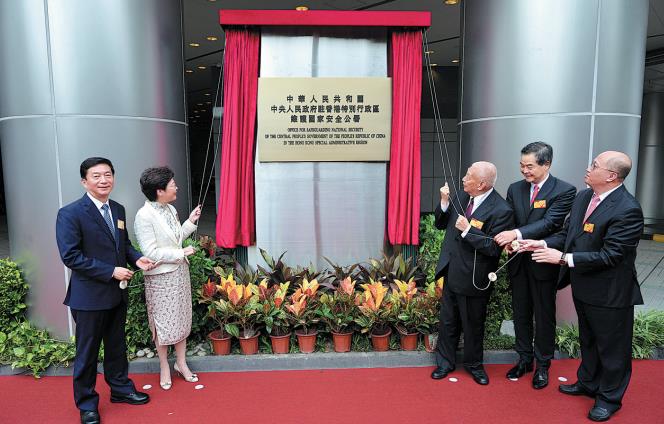National security law for HK brings peace, order and hope to city


According to a survey conducted in late June, 82.6 percent of the 1,509 interviewees said the city's public order has been improved since the law took effect, while 71.9 percent said the law boosted their confidence in the "one country, two systems" principle.
Among those arrested under the law were six people with ties to a local tabloid-the now-defunct Apple Daily. They, including five executive directors of the media group, were arrested in June on suspicion of conspiring to collude with foreign or external forces to endanger national security.
The police in June also froze the assets of three companies related to the tabloid, which had made relentless efforts to malign Hong Kong and the central government ever since Hong Kong returned to the motherland in 1997. The police said the tabloid had published dozens of reports calling for foreign sanctions against the city and China.
Lee described the shutdown as removing a "tumor" of society. She said that the "irresponsible" newspaper played a key role in inciting the public, especially youngsters, to stand against the government. Thus, its closure is a collective wish of many Hong Kong people, she said.
Grenville Cross, former Hong Kong director of public prosecutions, said that there are always limits to press freedom, and journalistic activities endangering national security are intolerable throughout the civilized world.
Noting that the newspaper has been operated as a quasi-political entity, Cross attributed its failure to Lai's "political obsession" and "the machinations of his inner circle".























